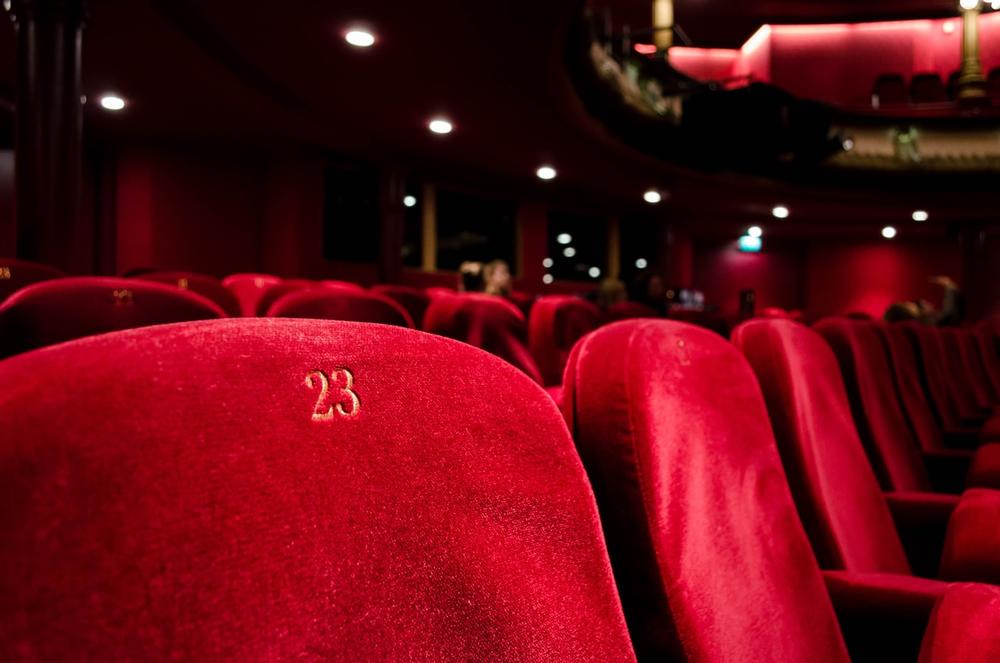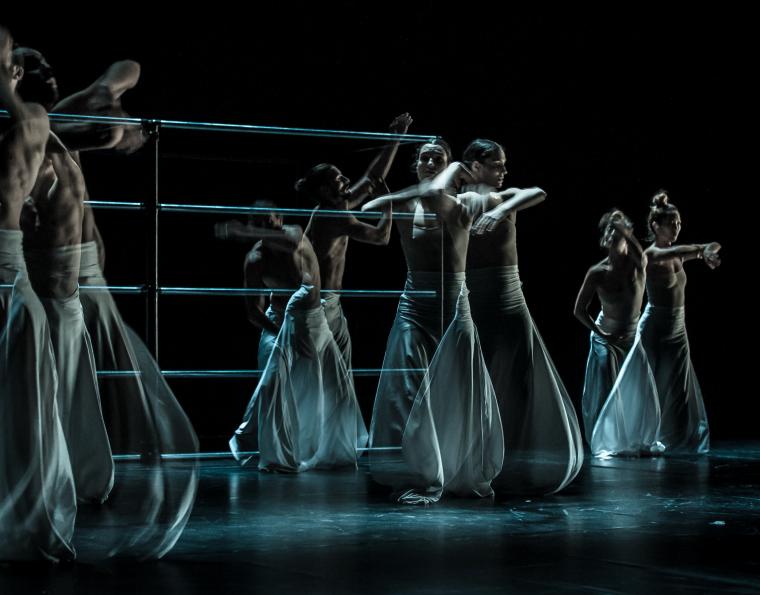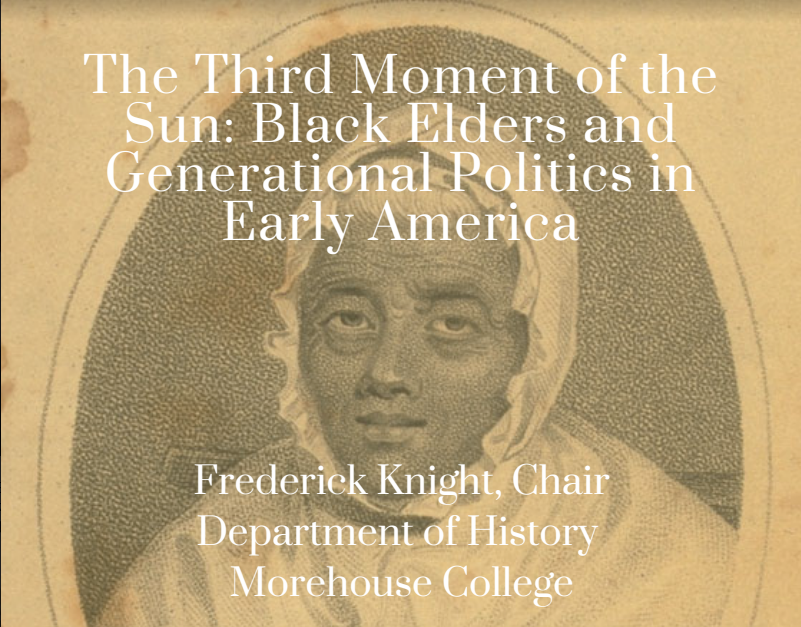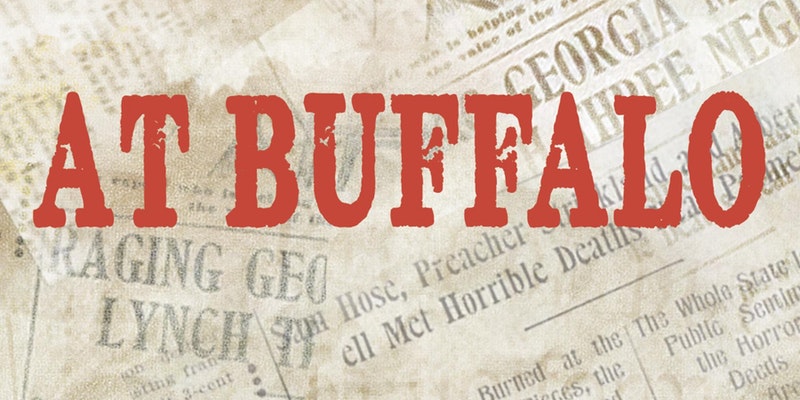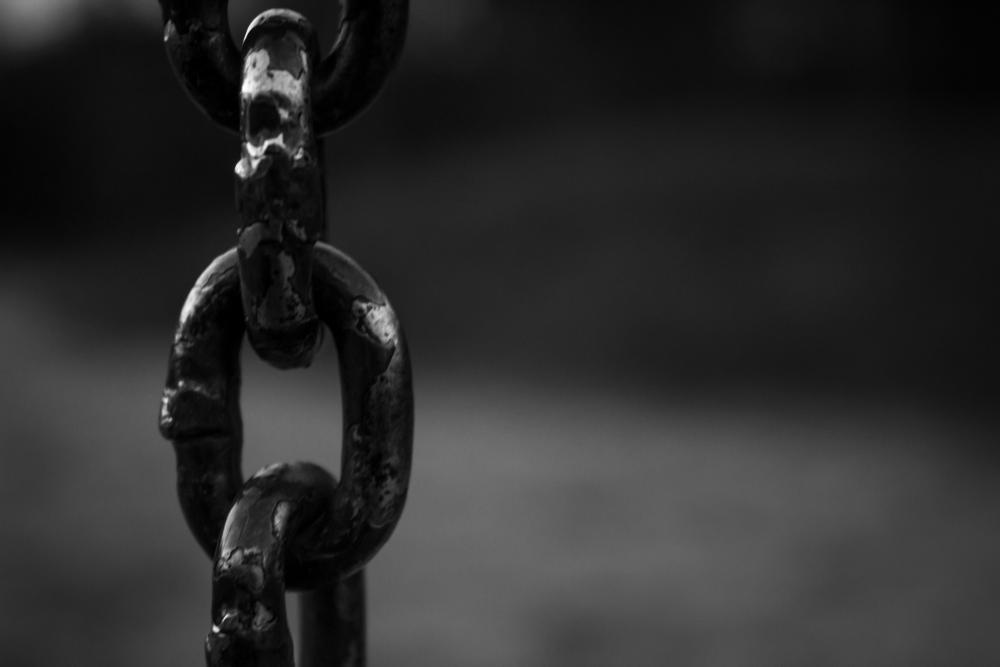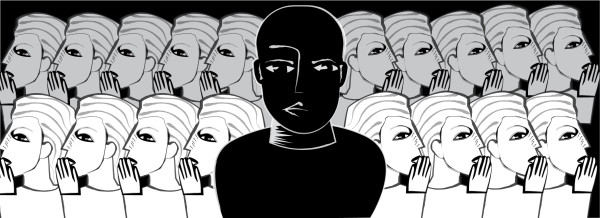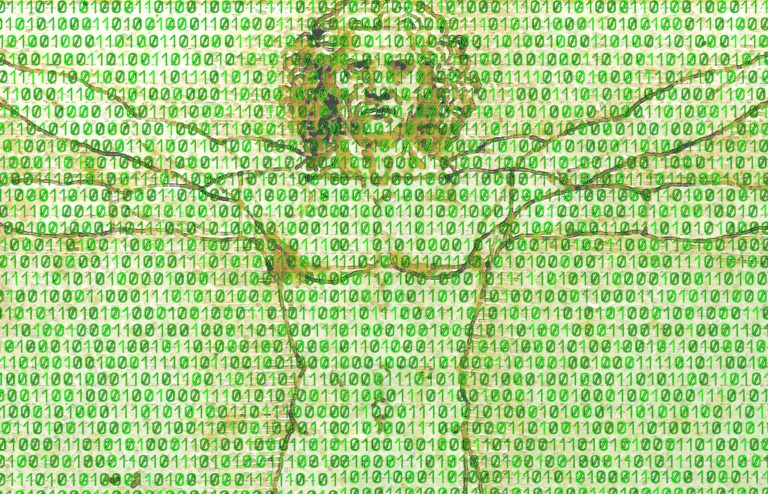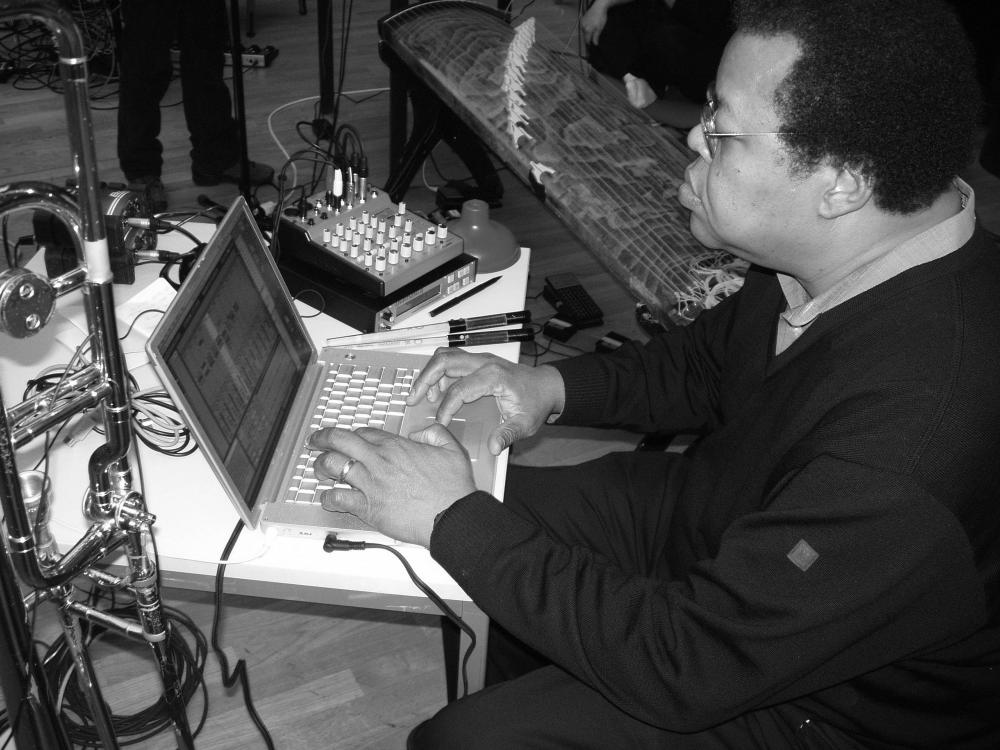IAS Thursdays | The Shared Spaces of Yellowface and Blackface
Join Josephine Lee and Sarah Bellamy for a conversation about the intersecting histories and contemporary dynamics of black and Asian representation in American theater. Lee will share current research on how different theatrical forms such as minstrelsy, vaudeville, and musical theater juxtaposed blackface representation and stage orientalism in the nineteenth and early twentieth century. Bellamy will comment on how this history has affected theater practice today, and what kinds of change and collaboration we might imagine for the future.
